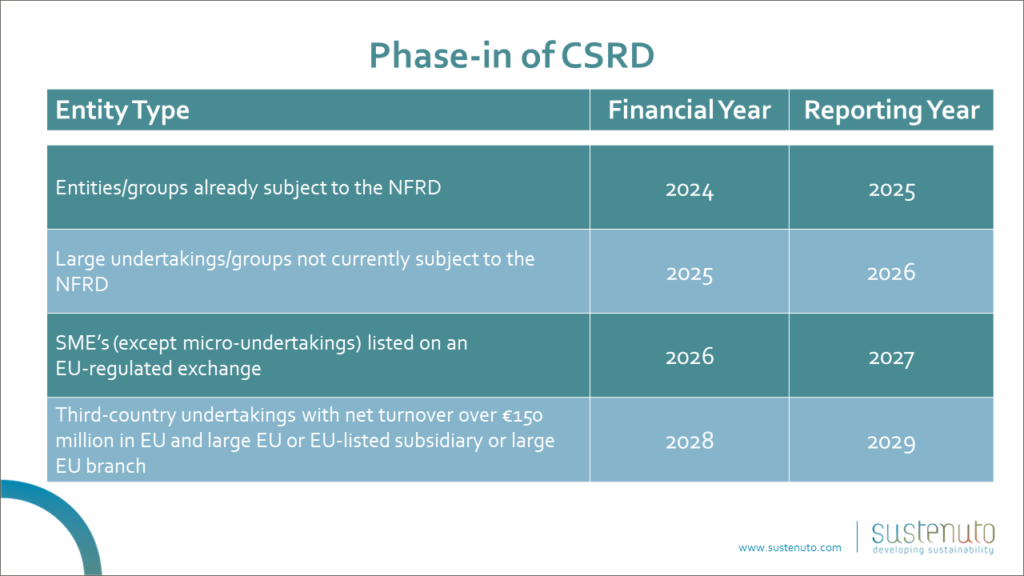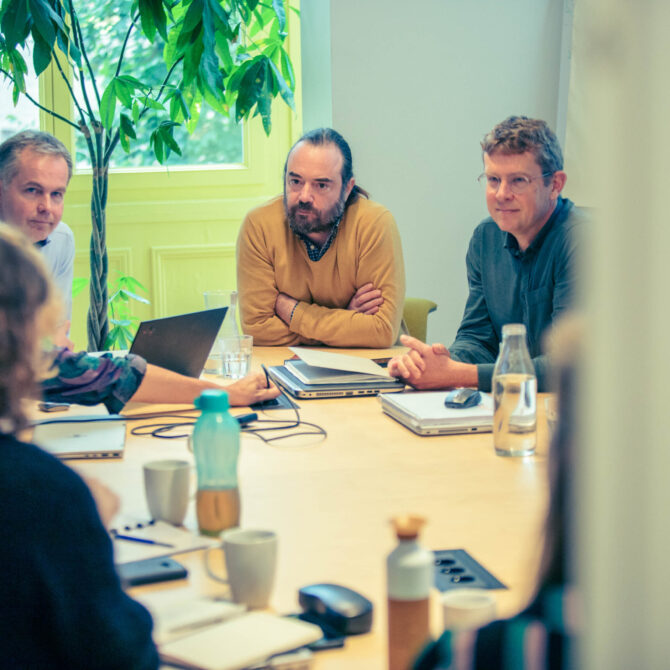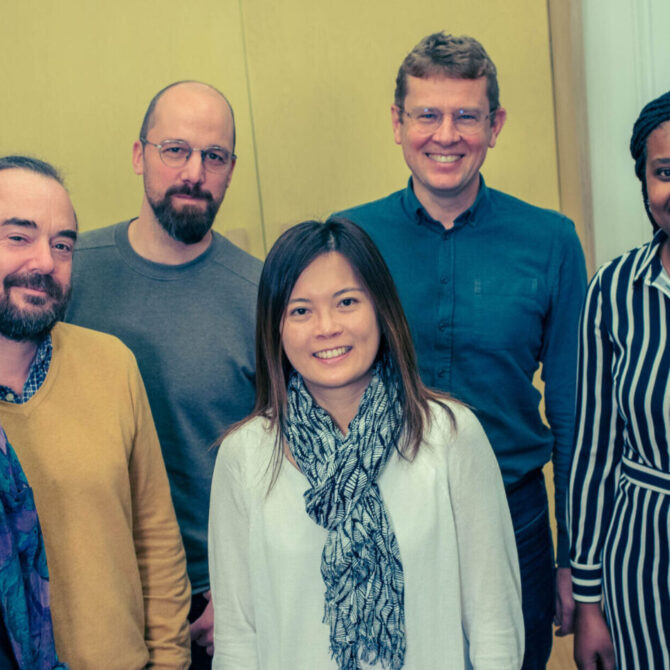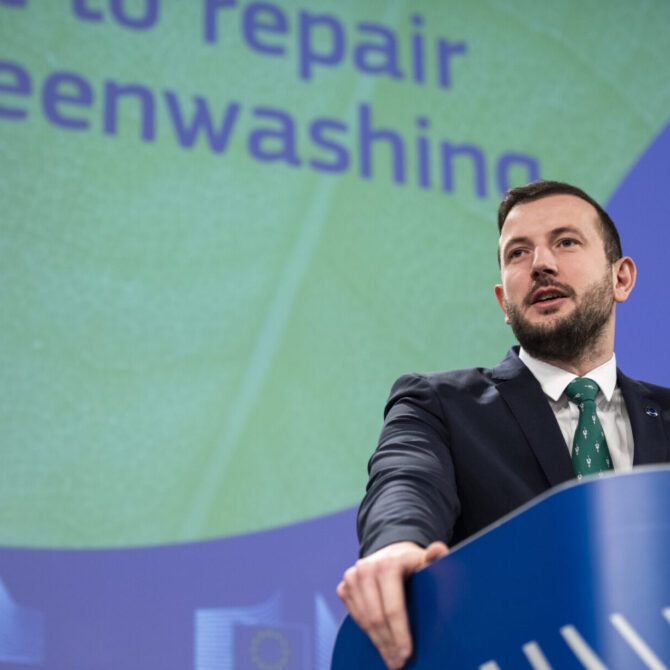The Corporate Sustainability Reporting Directive (CSRD), the EU’s new requirements to report on your company’s sustainability performance, will first apply to larger companies, but sets the bar for all.

Comparable reporting, transparency and sustainable value chains: the CSRD affects and benefits us all
The CSRD translates the EU Green Deal’s requirement for transparent communication on organisations’ sustainability related topics.
The first to have to comply with the CSRD are the large undertakings, companies meeting at least two of these criteria: balance sheet total exceeding €25m, turnover exceeding €50m, over 250 employees. Since sustainability always extends to a company’s entire value chain, smaller organisations that are involved in those chains and decide to meet the directive’s standards could most likely become a preferential partner. Consumers, as well, will prefer a company that communicates transparently on its sustainability performance and strategy. The CSRD will in other words require a mind shift and demand extra efforts, but also benefit us all, just as intended.
The time is now: lay solid groundworks and reap the rewards
To ensure transparent and comparable reporting, the CSRD provides a set of 12 reporting standards, the European Sustainability Reporting Standards (ESRS). Two standards cover the so-called cross-cutting requirements and disclosures, such as a description of your value chain, your business model, and the way you made the report. The ten other standards cover specific sustainability topics within the classical Environment, Social and Governance frame. For these topics you will only have to report on you ‘material topics’, the issues that are of greater importance for your type of activities, your company, your sector, ….
You distill your material topics through a Double Materiality Assessment (DMA), demanding a thorough screening of your value chain, a good overview of your stakeholders, their expectations, the impacts that you generate on them or the (financial) risks and opportunities that could arise from changing external conditions. In one of our following blogposts, we will dive into the DMA.
The set-up and the first year of reporting are crucial to get a head start. Making your organisation familiar with the reporting process from the beginning, implementing it in your day-to-day business, will give you a solid basis to build on.
This change will in other words require an investment of time, people and joint efforts, but it will pay off. Increased individual transparency and comparable reporting will clarify, to others, how you are developing your sustainability and, to yourself, what your chief assets and opportunities are, how you can make a difference. All the conscientious work you do now, will lay the groundwork for your sustainable development and, more generally, your overall business strategy.
How to get started?
Sustenuto has been around much longer than the CSRD, leading the way in developing sustainability for over 15 years. We know how difficult it is to make a decent mapping of your entire value chain, your sector, your stakeholders and your impacts, risks, and opportunities. We know who to involve, how to avoid obstacles or overcome them, how this directive relates to other requirements. We can help you to understand this change and use it to support your sustainability strategy.
‘Grasp the change’ is a series of 3 webinars and a one-on-one session with our experts on the CSRD and the DMA to support your sustainability strategy. In our first webinar, on April 25th, we will go into the structure and content of the directive (CSRD) and the standards (ESRS). We will explain the rules of the game and give you useful learnings and tips on how to set up the process, with a realistic timing template, how to prioritize and which challenges to expect.

- April 25th, 11:00, CSRD in clear wording
- May 16th, 11:00, DMA from a practical and pragmatic perspective
- June 13th, 11:00, CSRD + DMA as a basis for a solid sustainability strategy
- Your one-on-one session will be scheduled individually.



